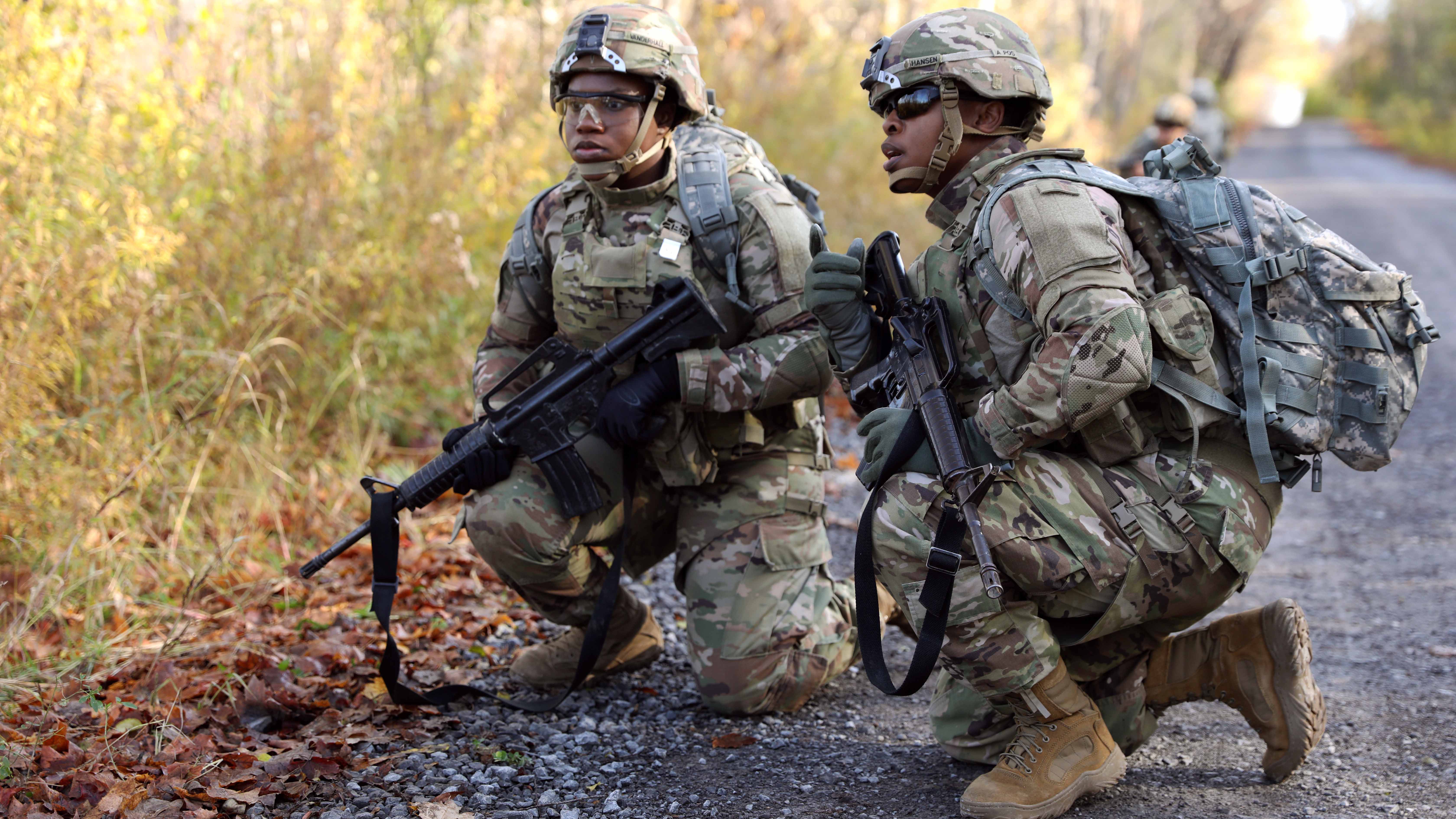Mentorship, Hard Work Keys to Successful Army Career
Mentorship, Hard Work Keys to Successful Army Career

Mentorship, planning your career moves in advance and being a strong member of the team are some of the key factors in achieving a successful Army career, a panel of senior leaders said during a discussion on Army women hosted by the Association of the U.S. Army.
Women are freer than ever to pursue career opportunities in the Army, including in previously closed combat arms specialties, but the path to maximizing a career in the Army is the same for men and women, the panelists said.
Lt. Gen. Jody Daniels, chief of the Army Reserve, said her career took turns she never expected because she listened to the advice of mentors who suggested schooling, higher education and jobs she hadn’t considered.
In her remarks Aug. 24 during “A Discussion with Army Women,” part of The AUSA Noon Report webinar series, Daniels noted that leaders have a responsibility to mentor young soldiers and encourage them to step up and talk to their leaders about their careers.
“Ask your leadership for their thoughts … take the tough jobs, the stretch positions, then go do the hard work and make the most of every opportunity,” Daniels said. “My advice to a young female who has just joined the Army, whether in any component, is to consider where you want to be two positions beyond. That may seem far off, but it’s really, really not.”
The virtual AUSA event marked the 100th anniversary of the adoption of the 19th Amendment, which gave women the right to vote.
Participating with Daniels were Kathleen Miller, administrative assistant to the secretary of the Army; Lt. Gen. Laura Richardson, commander of U.S Army North; and Command Sgt. Maj. Lynice Thorpe-Noel, the senior enlisted soldier for Army Human Resources Command.
To be a strong team member, Richardson said, soldiers should strive to be competent, learn all they can about their units, their commands, their jobs and the Army, and maintain physical, mental and spiritual strength.
“Show your organization what right looks like. That's how we empower the next generation of leaders,” she said. “Keep in mind, though, that listening is just as important as leading. Take the time to meet with your people and organization, whether in person or virtually.”
She added, “Find a mentor and be a mentor. Mentorship doesn't need to be a formal process, and a mentor can be anyone, even and especially a member of the opposite sex.”
Thorpe-Noel said she learned early in her career that she needed to pursue challenging positions to set herself apart from her peers.
“I understood I needed to have a strong leadership foundation,” she said. “I was able to gain that experience and that knowledge through being a drill sergeant, a first sergeant and a command sergeant major at all levels and watching leaders around me and what they did. It was a village that helped me to be where I’m at and have those opportunities.”
Miller, one of the most senior civilians in the Army, pointed out that civilians have a lot of freedom to craft their own careers, which is empowering but can also be daunting. Securing a good mentor who can help chart a career path up to five years “is very, very valuable,” she said.
“I’ve been very fortunate to have mentors my whole career,” Miller said.
Women have been serving since the Revolutionary War, Thorpe-Noel noted, adding that “there’s no denying that women’s contributions across the Army and society is evident. The tide is turning. We stand on the shoulders of the success of past Army women.”

